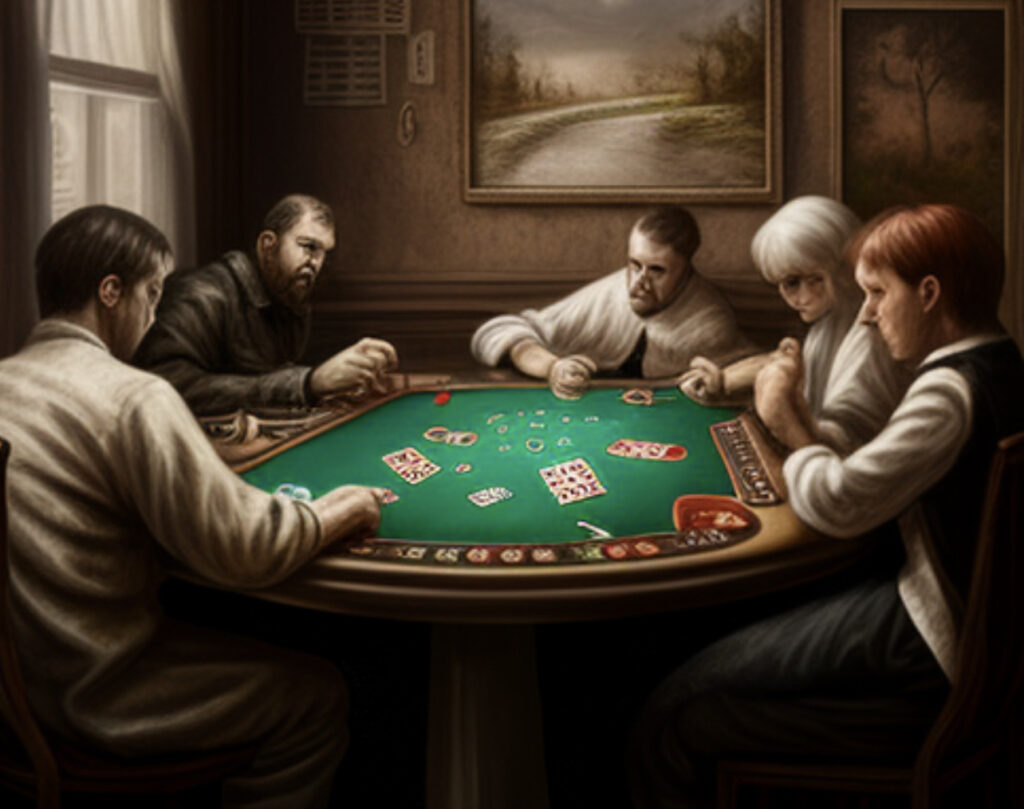Life can be compared to a poker game in many ways, particularly when dealing with people, situations, and small or big businesses. In this article, we’ll explore how life is similar to poker in these areas and how we can apply poker principles to succeed in our personal and professional lives.

When dealing with people, life is like a poker game in that we never know what cards we’ll be dealt. People come from different backgrounds and have their unique personalities, motivations, and behaviors. Just as in poker, we have to be observant and adaptable to the people around us. We need to understand their motives, strengths, and weaknesses, and adjust our strategies accordingly. In poker, players study their opponents’ behavior and try to read their “tells” to predict their moves. Similarly, in life, we can learn to read people’s body language, tone of voice, and facial expressions to better understand them and communicate effectively.
Situations in life are also unpredictable, much like in poker. Just as in poker, where players have to make the best of their hands, we have to be prepared to face any situation and make the best of what we have. We can’t control the cards we’re dealt, but we can control how we react to them. In life, we can learn to be resilient and adapt to changes. We need to be open to new experiences and willing to take risks. In poker, players take calculated risks based on their cards and their opponents’ behavior. Similarly, in life, we need to take calculated risks and make decisions based on our situation, goals, and values.

Small and big businesses can also be compared to a poker game. Just as in poker, businesses face uncertainty, risk, and competition. To succeed in business, we need to be strategic and make informed decisions. In poker, players need to know when to fold, raise, or call based on their cards and their opponents’ behavior. Similarly, in business, we need to know when to cut our losses, invest in new opportunities, or maintain the status quo. We need to have a clear understanding of our customers, market, and competition to make informed decisions.
Deception is also a factor in business, just as it is in poker. In poker, players try to deceive their opponents by bluffing or hiding their true intentions. Similarly, in business, companies may use marketing tactics to influence consumers’ perception of their products or services. However, just as in poker, deception can backfire if it’s not done well. In business, companies need to be transparent and honest with their customers to build trust and loyalty.
Luck also plays a role in both poker and life. Sometimes, despite our best efforts, things may not go our way due to factors beyond our control. However, luck is not the only factor in determining success. In poker and life, we need to combine luck with skill, strategy, and adaptability to achieve our goals.
Life can be compared to a poker game in many ways. Whether dealing with people, situations, or businesses, we can apply poker principles to succeed. We need to be observant, adaptable, resilient, strategic, and willing to take calculated risks. While luck plays a role, success is ultimately determined by our skills, strategy, and ability to adapt to changes.

